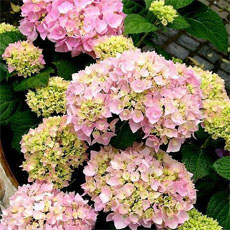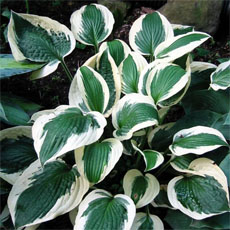Large Black Slug, Black Slug
Arionater
Order
Family
Genus
Species
Regional
This bug has been reportedly found in the following regions:
Stow, Ohio
Astoria, Oregon
La Vernia, Texas
Redmond, Washington
Featured Videos
Gardener's Notes:
Sort By:
C
Candida
La Vernia, TX (Zone 9a) |
July 2017 |
Negative
We have lived here for over 30 years, This year is the first time we have had them.
I Would like to know how we got them?
I don't know about salt, I Thought of that but I don't want to harm my plants.
Something about these Slugs, I Don't Like Them, They Give Me The Creeps!
I Would like to know how we got them?
I don't know about salt, I Thought of that but I don't want to harm my plants.
Something about these Slugs, I Don't Like Them, They Give Me The Creeps!
h
hutchygirl
Stow, OH (Zone 5b) |
September 2012 |
Negative
DANGER ZONE 5: I have lived in same home, with same gardens, for over 10 years and I have never, until this week, seen these black slugs! Not only are they hideous, they are very difficult to remove from whatever they are stuck to and they not only demolished leafy plants, they completely halted the growth and blooming of my delphinium, petunias and coreopsis! I located several clung to what used to be buds on my plants...and they are not afraid of heights either! Several times, while searching for slugs or deadheading flowers, I would see these very tiny, slug looking "black things" on my hands - now I know they were baby black slugs! While slugs, the kind we are used to seeing in this area, can wreck the most well-planned out anti-slug layout, these black slugs are absolutely devastating... read more
v
vanislandgirl
Ladysmith, BC |
October 2009 |
Negative
We have a great deal of them around our area. I try to control them in the early Spring, to get a head start on them. But it is a on going fight in the wet/damp areas. They are fine in the woods. But I kill all I find in my garden. Don't use any products because I have pets, feed birds and the garden snakes will eat them.


















































